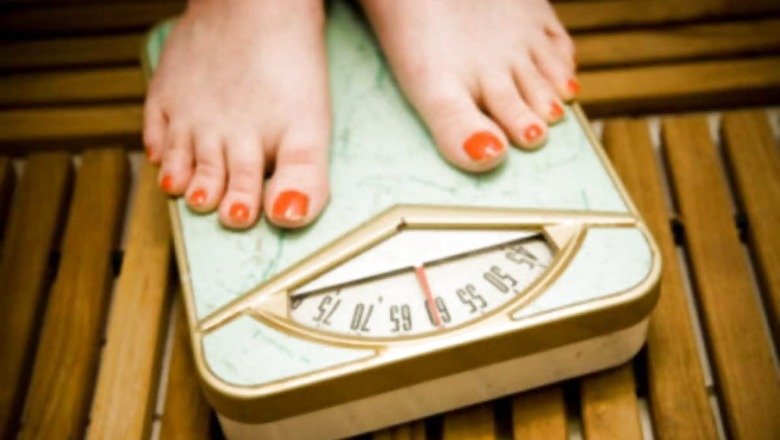
views
There are many ways to lose weight but not all are healthy or quick. In fact, nutritionists and doctors recommend the adoption of a healthy lifestyle with a balanced diet, daily exercise routines and proper sleep schedules to lose weight the healthy way. Portion control, opting for healthy foods like vegetables, fruits, whole grains, nuts and seeds are as important for weight loss as is moderate to vigorous-intensity exercise for at least 30 minutes every day.
Despite such recommendations, a lot of people end up opting for other methods which promise quick and drastic weight loss. Diet pills or weight loss pills are one such popular method. But do these diet pills actually work?
What are diet pills?
Diet pills refer to prescription or non-prescription (over-the-counter) drugs, dietary supplements or herbal supplements that promise weight loss which is quick. Not much research has been done regarding the validity of these drugs, except prescription drugs which have gone through proper clinical trials and are approved by drug agencies like the US Food and Drug Administration (FDA).
Usually, prescription weight-loss drugs and dietary supplements are prescribed by doctors to those who have health issues like high cholesterol, severe obesity or nutritional deficiencies. The dosage is regulated by physicians under clinical conditions too. However, dietary and herbal supplements are easily available over-the-counter, as are non-prescription diet pills. This makes these products easily accessible and open to misuse.
Safety concerns about diet pills
As with all drugs, safety is a major concern with diet pills. This is especially because, as mentioned above, many varieties of over-the-counter drugs that promise quick weight loss haven’t been through trials that ensure their safety, or even effectiveness. It’s easy to believe that a label that says “herbal” or “natural” contains a product which is essentially beneficial but the correct dosage matters even in every kind of treatment.
Apart from the fact that the right dosage of over-the-counter diet pills may not be known and you may end up harming your health, it’s also important to remember that you can’t determine how a drug will interact with your body. If you have an underlying condition ? especially one that is undiagnosed ? like hypertension, diabetes, arrhythmia, an infection, liver disease or a reproductive disorder, there may be a risk of a severe reaction and worsening of symptoms after taking these diet pills.
Should you take diet pills then?
While the allure of quick-and-easy weight loss is easy to get trapped into, you must not take any undue chances with your health. In case you want to lose weight and are unable to do so with a balanced diet and increased exercise ? which is highly unlikely ? the first step you need to take is to consult a doctor. Your doctor will conduct tests to determine if you have an underlying condition that is making weight loss more difficult for you and then decide on the best course of action.
If you already know which underlying disease or conditions you have, you can ask your doctor to prescribe pills or supplements as well as a weight-loss plan tailored to your specific needs. Keeping your doctor in the loop is very important because in case there are any adverse effects, your wellbeing will depend on their expertise and guidance. No matter what you hear about the effectiveness of diet pills, do not use them without the consultation of your doctor.
For more information, read our article on Weight loss.
Health articles on News18 are written by myUpchar.com, India’s first and biggest resource for verified medical information. At myUpchar, researchers and journalists work with doctors to bring you information on all things health.
Read all the Latest News, Breaking News and Coronavirus News here



















Comments
0 comment